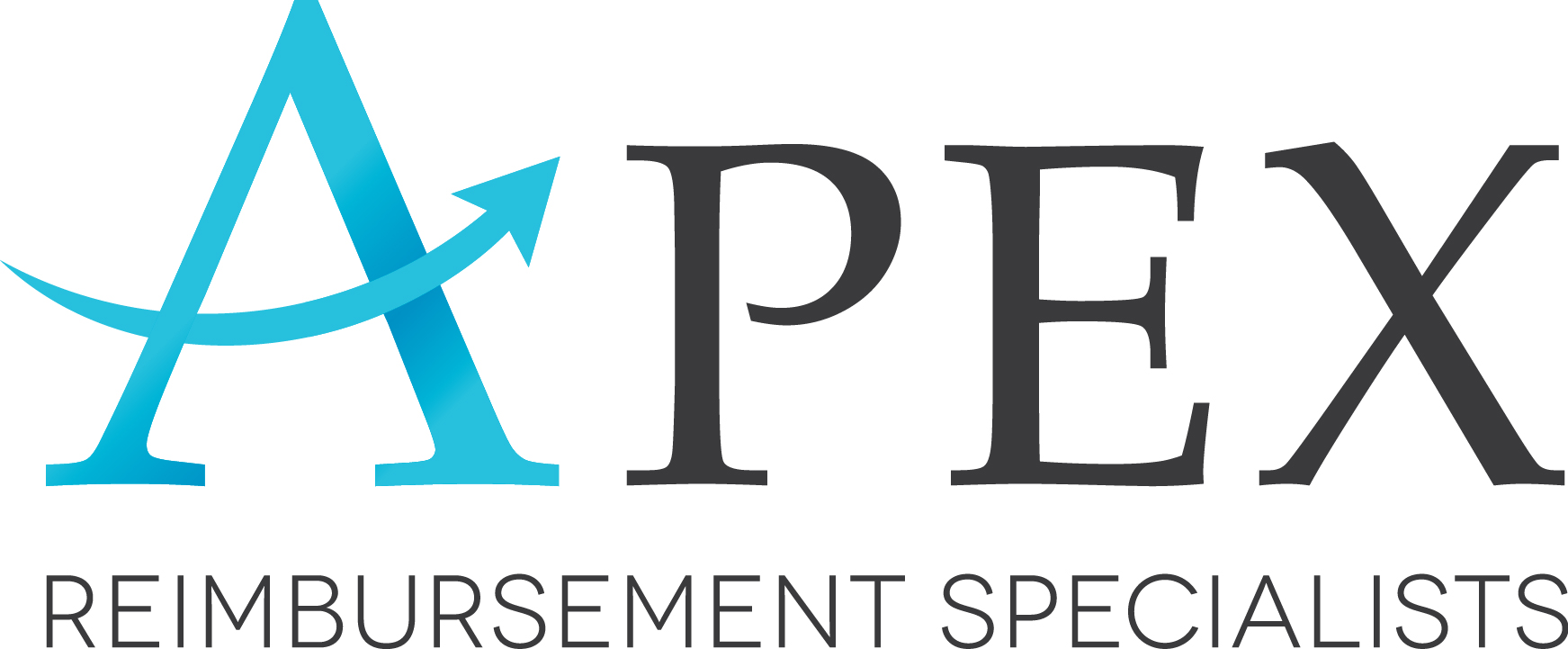On Wednesday, March 13th, an innovative Interstate Dental Compact Bill had its first hearing in the Minnesota Senate’s Health and Human Services Committee. This bill is designed to allow dentists who are licensed to practice in the state of Minnesota the freedom to also practice in other states. Five other states are currently members of the compact, and 11 others have pending legislation. What should dentists know?d
What Is the Interstate Dental Compact?
The Interstate Dentist and Dental Hygienist Compact is an occupational license compact that allows dentists and hygienists who are licensed in one state to also practice in all other participating states. This eliminates the need to procure a separate license in every state. For example, if you are licensed in the state of Virginia and move across the country to Washington state, you can also practice there without getting a new license.
What States Are Involved?
Currently, five states are participating in the Interstate Dental Compact: Washington, Wisconsin, Iowa, Virginia, and Tennessee. There are 12 states (including Minnesota) where legislation has been introduced or is pending, including Maine, Pennsylvania, New Jersey, Ohio, Indiana, Illinois, Alabama, Missouri, Kansas, Nebraska, and Colorado. Other states are expected to introduce legislation with the support of the American Dental Association and the American Dental Hygienists’ Association.
How Does the Interstate Dental Compact Work?
Dentists who apply to participate in the Interstate Dental Compact must have an active and unencumbered license in a participating state, They must have also passed the National Board Exam or another accepted exam and completed a clinical assessment. They must also have graduated from an education program that is accepted by the Commission on Dental Accreditation.
There is a simple four-step process to participate in the Interstate Dental Compact after your state approves it.
- A dentist or dental hygienist who already has a license in a participating state applies for compact privilege.
- Next, an FBI background check is performed.
- After the background check is approved, the license and eligibility of the applicant is verified. You will also need to pay any associated fees for this process.
- Finally, your compact privilege is issued.
What Are the Benefits of the Compact?
Dentists and dental hygienists stand to benefit in a big way in participating states, as they will be able to take their licenses with them without updating their state of residence. If it expands from Virginia into DC and Maryland, it will give dentists the ability to have multistate practices without needing to maintain three separate licenses. The compact also lowers the financial burden associated with having multiple licenses.
Improve Your Dental Practice with APEX Reimbursement Specialists
Whether you’re looking for a way to make revenue cycle management at your dental practice easier or hoping to improve your overall patient communication plan, APEX Reimbursement Specialists is here to help. Contact our team today by calling (410) 710-6005. We look forward to working with you to make your practice a more profitable place.

